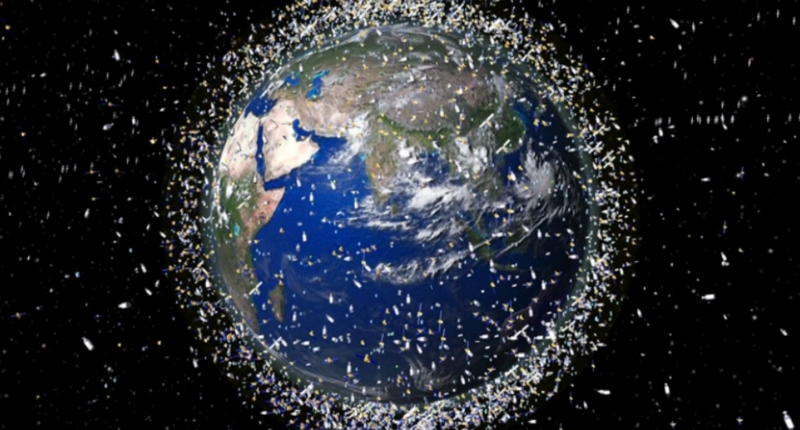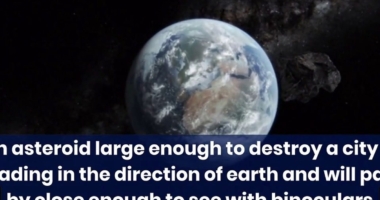Experts are warning that urgent global action is required to address the issue of hazardous space debris, which poses a significant risk to our planet’s surroundings. They call for the implementation of a treaty to prevent future problems and ensure safe and sustainable governance of space, focusing on reducing satellite pollution around Earth’s orbit. Past mistakes regarding ocean pollution provide valuable lessons for tackling the growing problem of space debris. Immediate intervention is required to prevent irreparable harm to our planet’s surroundings, which includes over 100 trillion pieces of debris revolving around the Earth. If this problem remains unsolved, it will render a significant portion of the Earth’s orbits unusable.
Urgent Global Action Needed to Address Hazardous Space Debris
According to experts, space debris is a significant problem that needs global attention. They are calling for a treaty to be put into action to ensure the necessary measures are taken to address the problem and prevent future issues. This treaty should focus on governing space, especially since the Global Satellite Industry is growing rapidly, with almost 9,000 satellites orbiting the Earth and an expected increase to 60,000 by 2030.
The experts emphasize that immediate intervention is required to address the issue of space debris, which includes over 100 trillion pieces of debris revolving around the Earth. If this problem is not solved, it will render a significant portion of the Earth’s orbits unusable.
Furthermore, space debris also affects the concentration of plastic in the Earth’s oceans. When satellites fall off the orbit, the debris falls into the ocean and contaminates the Marine Biological Ecosystem, increasing the concentration of plastics and other harmful materials that could lead to a situation similar to the one addressed by the recently signed High Seas Treaty.
In their report published in The Journal Science, experts from different fields, including Satellite Technology and Ocean Plastic Pollution, collaborate to urge for an immediate agreement on how to govern space. They highlight the need for accountability for producers and users of satellites and the resulting debris from the time of launch. The treaty should also take into account commercial costs and focus on satellite sustainability to ensure safe and sustainable governance of space.
Overall, the experts stress the importance of learning from past mistakes in one part of the planet to prevent them from happening in other parts, specifically in the orbits around the Earth. Therefore, they urge the international community to take urgent action to address the issue of hazardous space debris.
Urgent Action Needed to Prevent Hazardous Space Debris
Experts warn that urgent global action is necessary to prevent hazardous space debris from causing irreparable damage to our planet’s surroundings. They urge for the implementation of a treaty to address the problem and prevent future issues, similar to the recent UN Ocean initiative that aimed to tackle overfishing, habitat damage, and plastic pollution in the High Seas.
The article was co-authored by the University of Plymouth, Arribada Initiative, The University of Texas at Austin, NASA’s Jet Propulsion Laboratory, among others. Dr. Kimberly Miner from NASA’s Jet Propulsion Laboratory emphasizes the need to mirror the UN Ocean initiative to reduce satellite pollution in Earth’s orbit, allowing for continued space exploration and satellite continuity.
Moreover, Professor Richard Thompson OBE, the Head of the International Marine Litter Research Unit, emphasizes that past mistakes regarding ocean pollution can provide valuable lessons for tackling the growing problem of space debris.
Overall, experts stress the importance of immediate global action to address the issue of hazardous space debris and ensure safe and sustainable governance of space to prevent harm to our planet’s surroundings.
Don’t miss interesting posts on Famousbio










